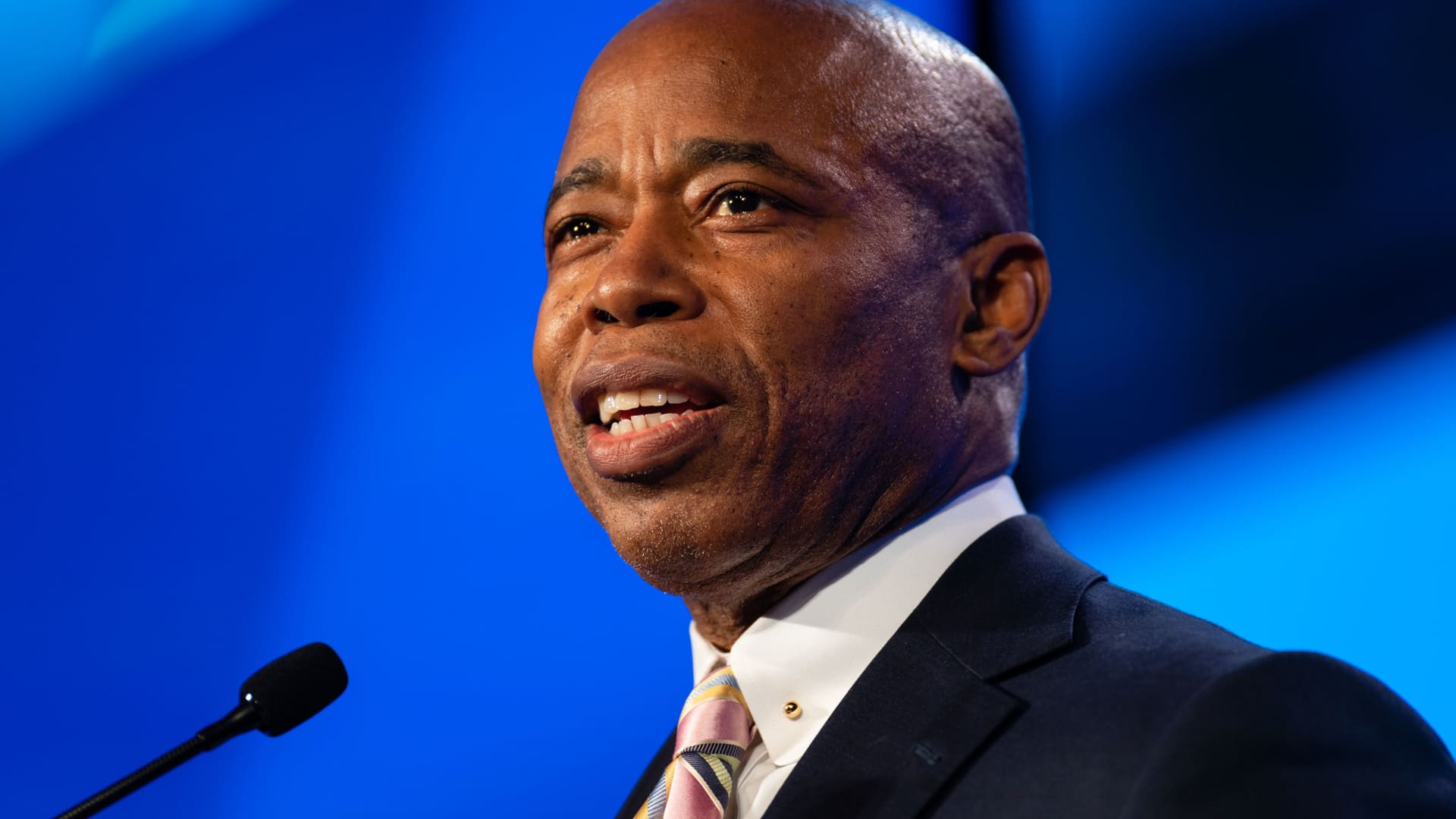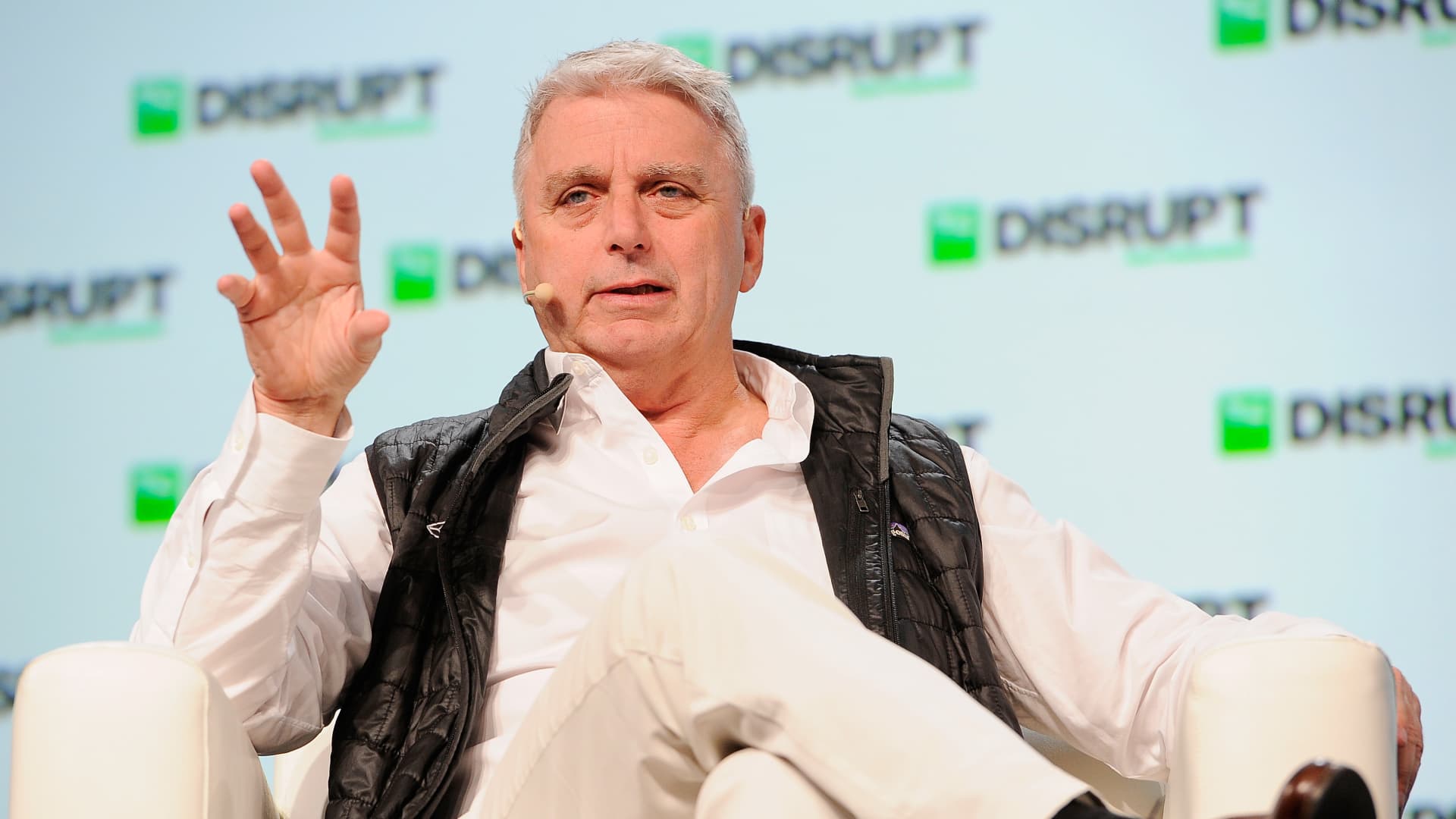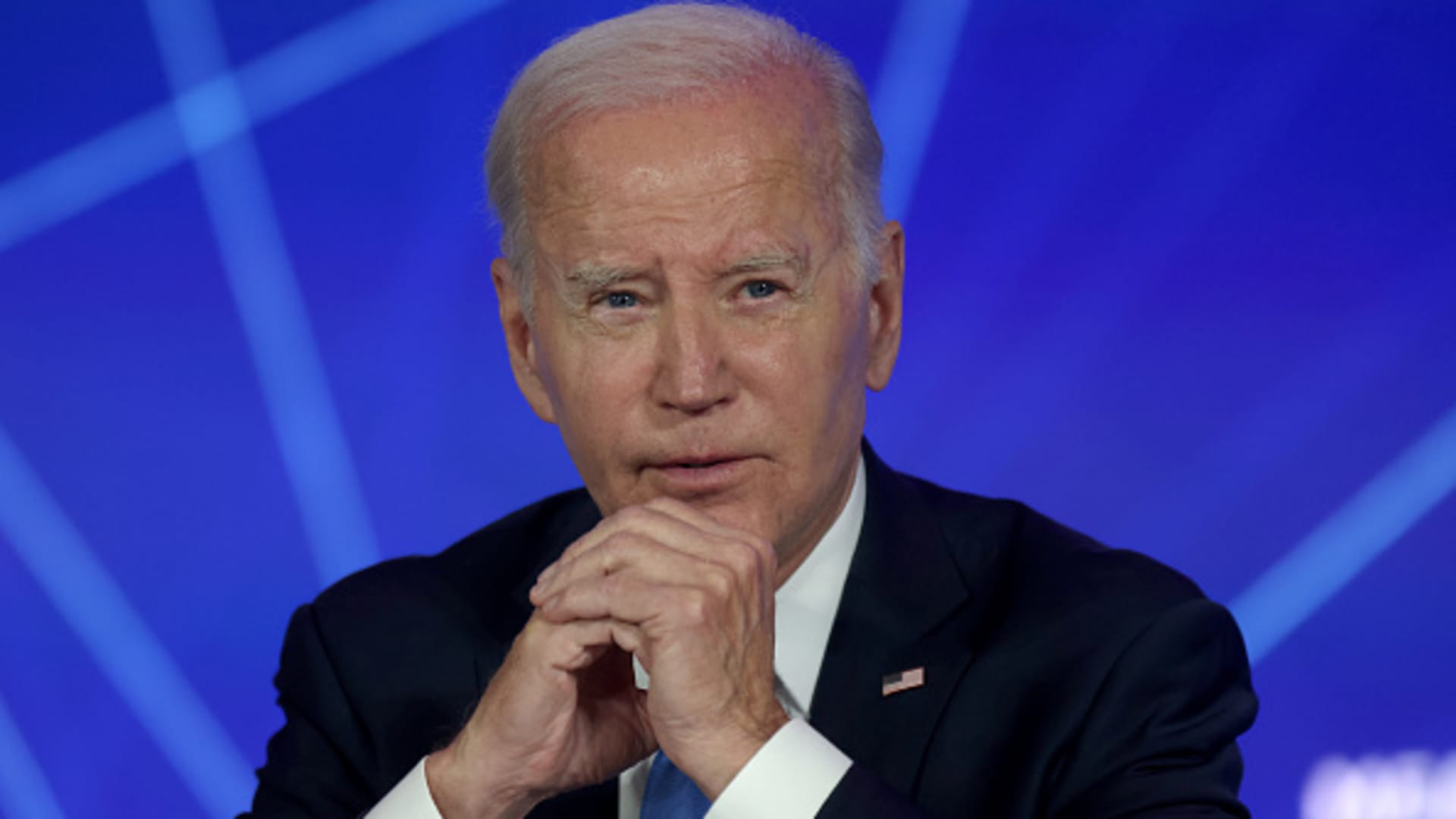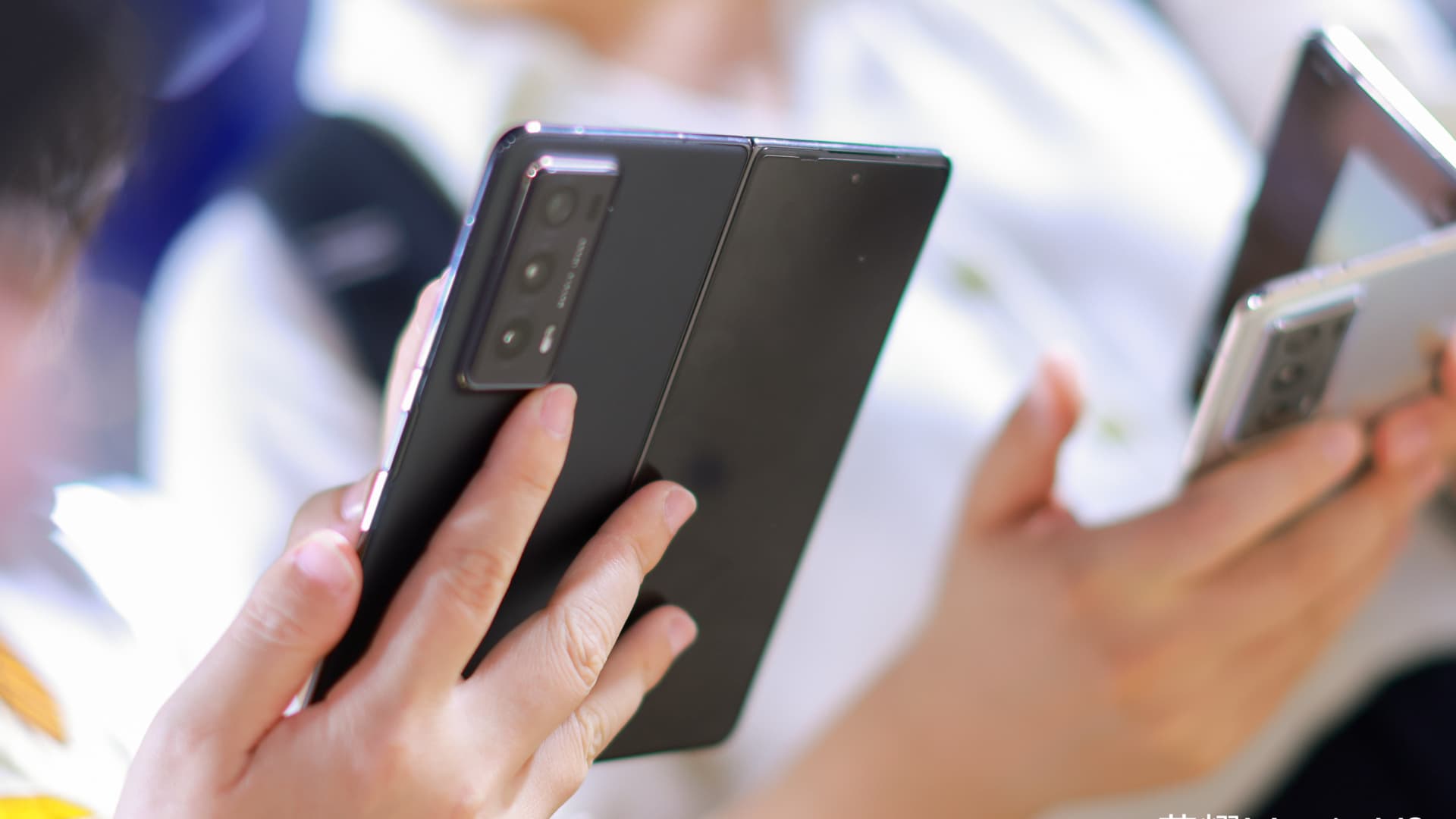Pinterest’s New Algorithms Want You to See Every Body Type

Osborn and Pinterest’s Ta hope that by promoting more diverse body types to its 465 million monthly users, the platform can help reshape public perceptions about body size and shape. “If you are exposed to more people from more backgrounds, we hopefully build a more tolerant and accepting world,” Ta says.
That may sound idealistic, but she claims it’s also good business. “Advertisers want to see their content alongside really positive content, right?” Ta says. Craig, the influencer and blogger, expects to be doing more shopping directly from Pinterest via posts that link to merchant checkout pages.
Pinterest’s new system is so far only active on posts, known as “pins,” tied to fashion, makeup, and weddings. It kicks in on search results as well as recommended and related pins offered to users. Only people in the US, UK, Ireland, Canada, Australia, and New Zealand will encounter body-type-aware AI curation. Even though the technology can recognize bodies from around the world, expanding it to other countries will be subject to consideration of local cultural norms and laws.
The body diversity project builds on Pinterest’s earlier, pioneering launches of algorithms that can recognize a range of skin tones and hair patterns. They are supported by a settlement Pinterest reached with Rhode Island’s pension fund and other shareholders a year ago to resolve a lawsuit accusing the company of discriminating against female and Black staff, sparking a virtual walkout in 2020 and public allegations by former employees.
Thirteen of the settlement’s roughly 90 conditions cover product inclusion, enshrining Ta’s position as well as funding and oversight for her inclusive product team. Under the settlement, Pinterest has overall committed to spending $50 million over 10 years on diversity, equity, and inclusion projects, running up a tab of $5.4 million in the first year on consultants, advisors, and training, according to a court filing. Megan D’Alessio, an inclusion and diversity manager involved in the efforts, says that the settlement has “spurred and amplified a lot of great work at Pinterest.”
The deal shows how action by shareholders can get tech platforms to make a lasting effort to tackle some of their shortcomings. The plaintiffs forced Pinterest to invest over 10 years because companies too often spend rapidly on diversity and inclusion programs without creating meaningful change, attorney Julie Goldsmith Reiser wrote in the court filing. At other tech companies including Microsoft, Meta, Google, and Twitter, layoffs and budget cuts to teams working on ethical or inclusive product development have slowed their work, according to former employees and news reports. Pinterest is in for the long haul.
Call to Action
Pinterest launched skin tone filters in 2018 after interns pitched the idea, but work on product inclusion remained loosely organized until 2020. That year, as the George Floyd racial justice protests spread across the US and other countries, Ta rallied workers across Pinterest to reimagine its product features. She pulled engineers and other staff into a new product inclusion team that now numbers more than two dozen people. “I essentially spent the summer of 2020 doing a roadshow around the company,” Ta says.
The new group launched the hair pattern filter in 2021 in six countries, with options like curly and coily. There’s so far no thinning option for people trying to do more with less, but last year Pinterest extended hair filters to nine additional countries. Ta’s group also expanded the technology to cover more searches and features across the company. Early testing of updated algorithms in a few countries this year increased by 302 percent the number of beauty and fashion searches where users received a diverse range of skin tones in the results, compared to the same period a year ago. The number of daily searchers using hair pattern filtering rose 41 percent in the first quarter of 2023 compared to a year ago.




